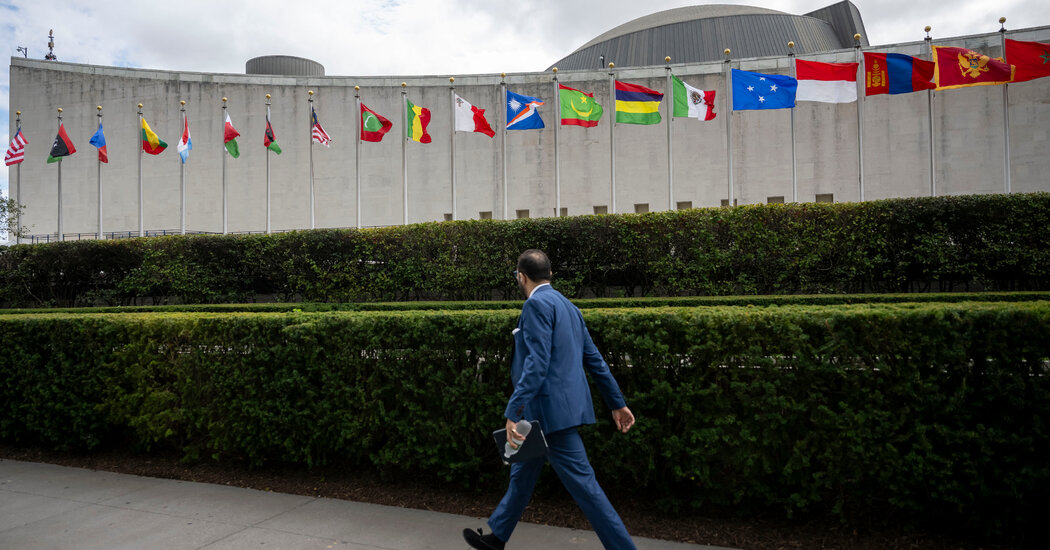A transformed China, conflicts in Ukraine and elsewhere, and intractable clashes over money have pushed the prospects of progress to a new low.
Global power is fractured. Temperatures have risen to record levels. Bitterness and anxiety are rising in vulnerable countries lashed by deadly heat and floods.
This week, as presidents and prime ministers assemble at the United Nations General Assembly, they confront a vastly different world from the one that existed nearly 10 years ago, when nations rich and poor found a way to rally together around a remarkable global pact.
In that agreement, the 2015 Paris accord, they promised to act and acknowledged a bare truth: Climate change threatens all of us, and we owe it to each other to slow it down. Countries agreed to nudge each other to raise their climate ambitions every few years, and the industrialized nations of the world — which had prospered from the burning of coal, oil and gas — said they would help the rest of the world prosper without burning down the planet.
Turns out, geopolitics can be as unpredictable as the weather.
Three big things have shifted since the climate accord that, together, have sunk the prospects of global climate cooperation to a low point. China has raced ahead of every other country, including the United States, to dominate the global clean-energy supply chain, fueling serious economic and political strains that undermine incentives to cooperate. Rich countries have failed to keep their financial promises to help poor countries shift away from fossil fuels. A widening gyre of war — from Ukraine to Gaza and now, in Lebanon — has become an impediment to global climate consensus.
“Major emitting countries are much less likely to work cooperatively on climate due to geopolitical tensions and concerns about supply-chain security than they were in 2015,” said Kelly Sims Gallagher, a former White House adviser who is now dean of The Fletcher School at Tufts University.
Then there’s the biggest, most consequential uncertainty of all: the coming U.S. elections.
China’s Transformation
China is the world’s largest producer of solar panels. Also wind turbines. Also batteries for electric vehicles. It manufactures more electric cars, buses and motorcycles than any other country.
